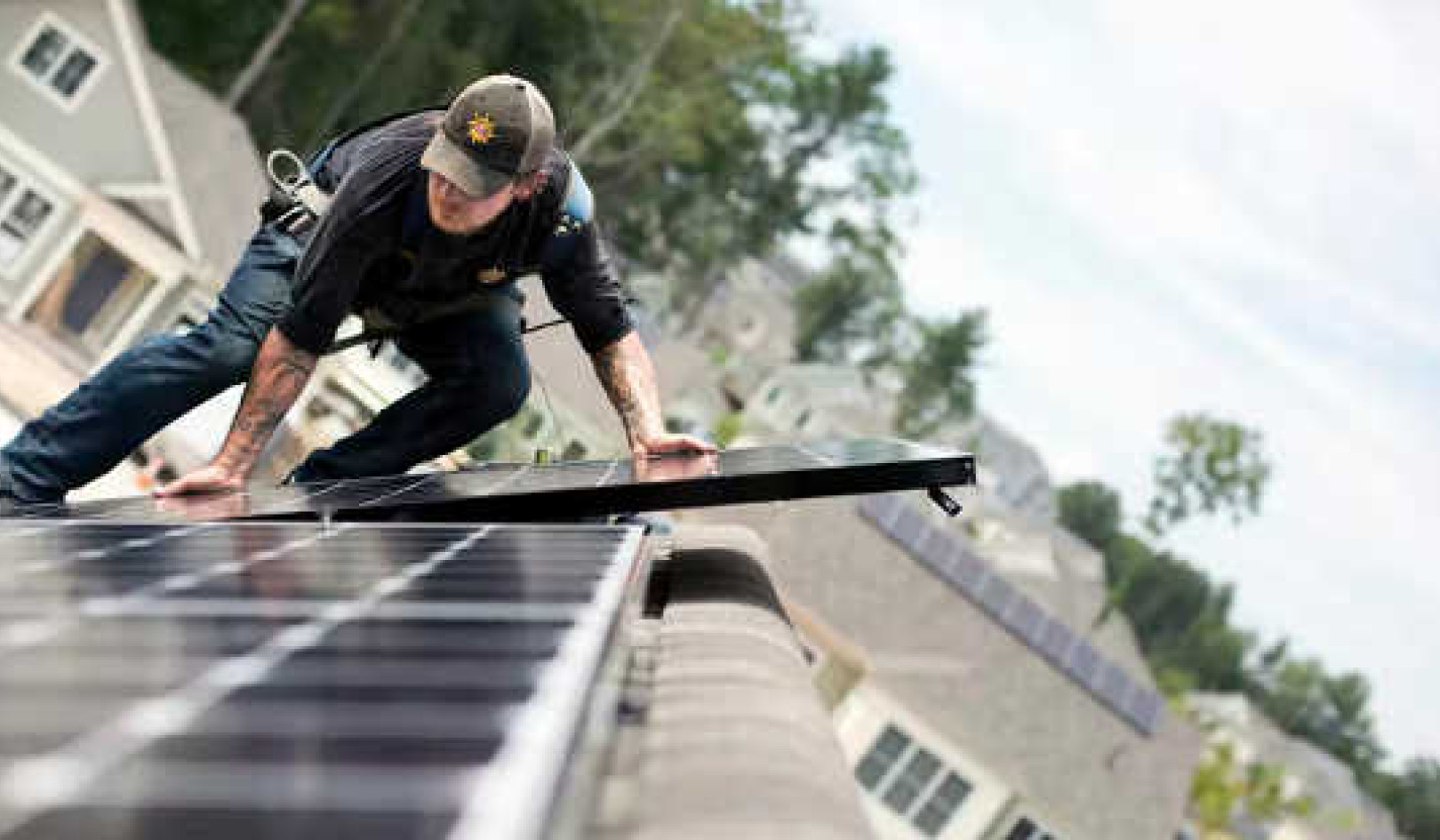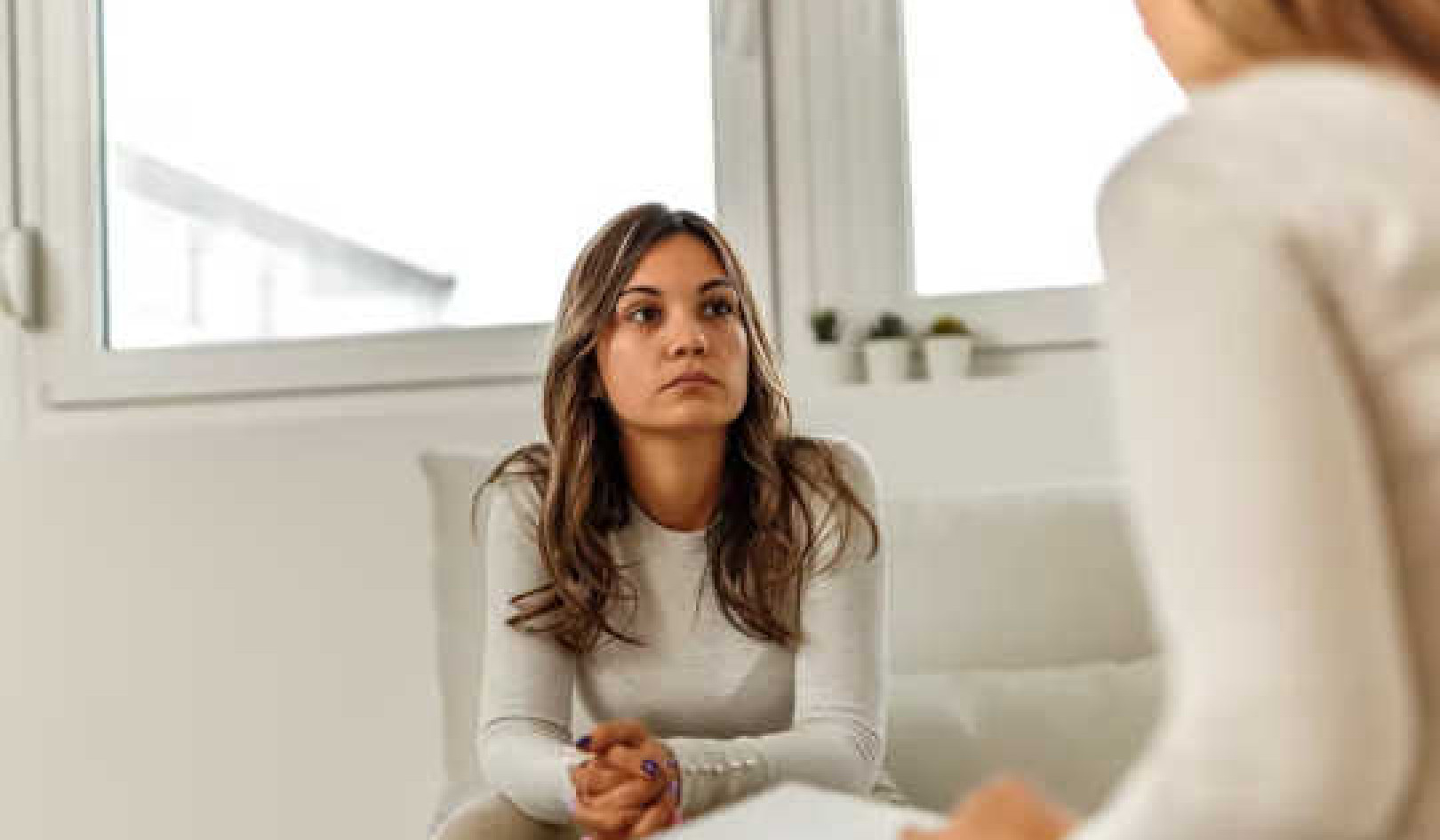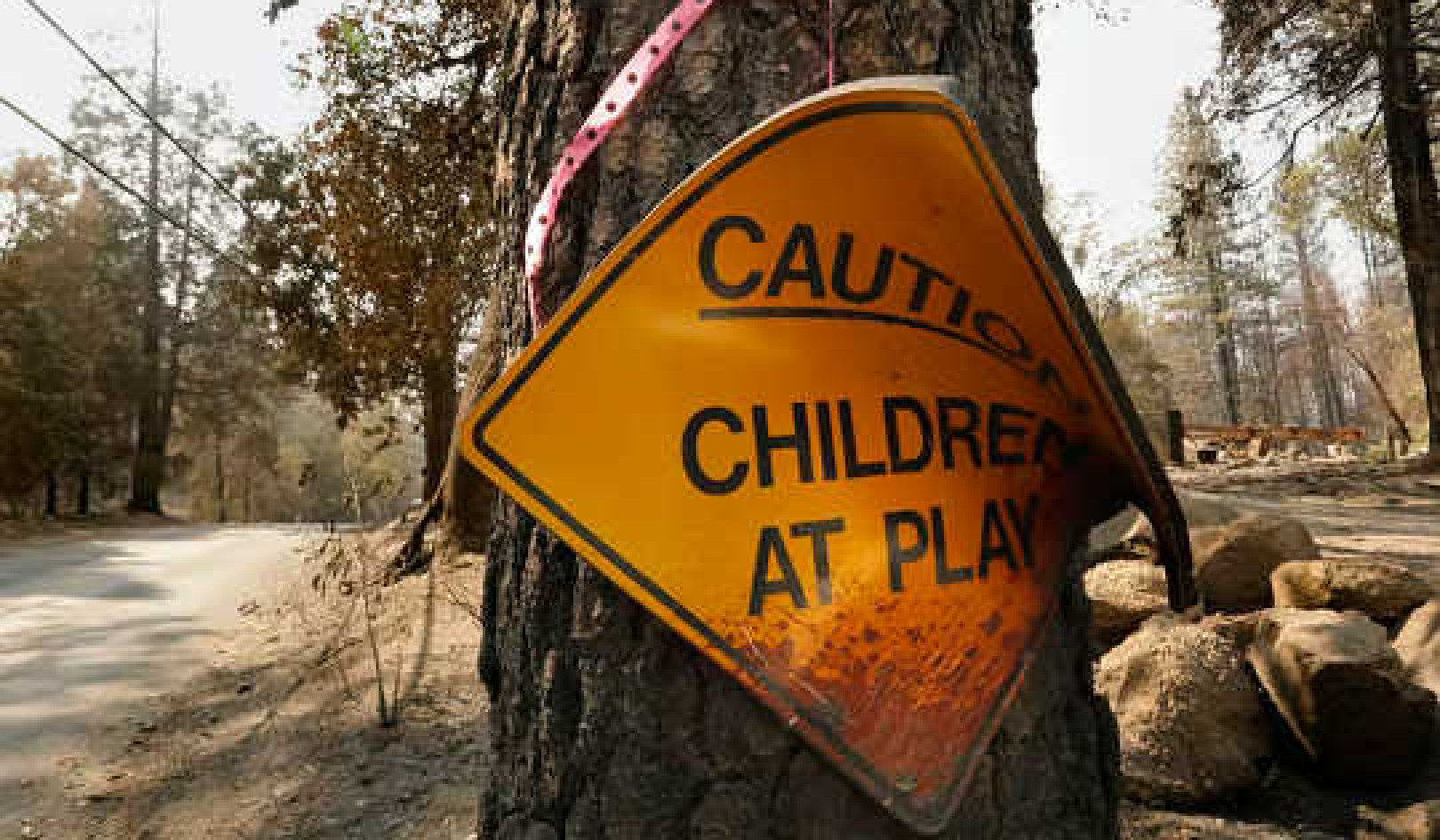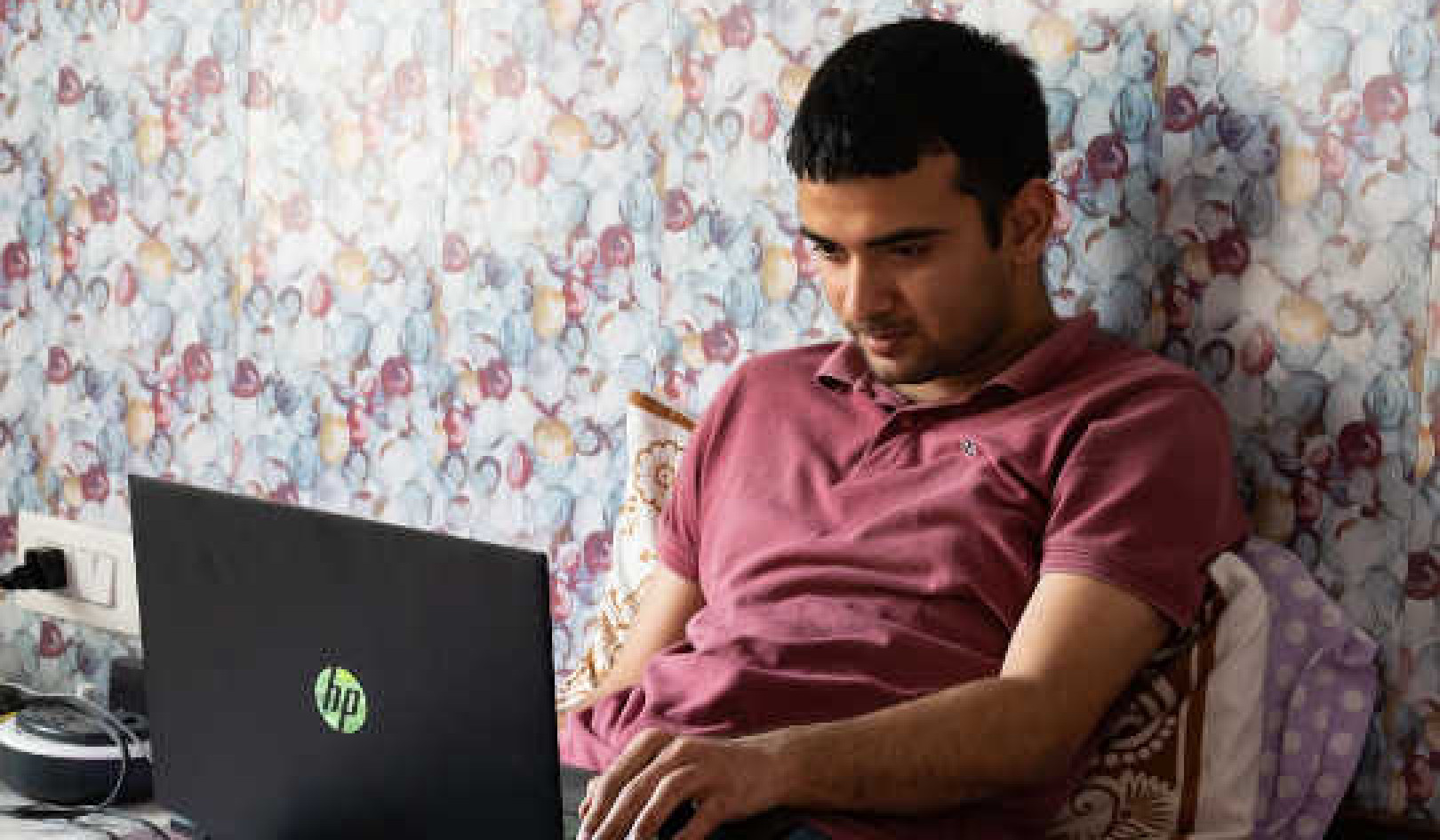 EPA/Tannen Maury
EPA/Tannen Maury
Local elections scheduled to take place in England and Wales in the first week of May – including the London mayoral vote – have been postponed as part of attempts to contain the spread of the novel coronavirus in the UK. Following advice from medical experts, the UK government decided to hold off until May 2021.
Across the English Channel, French president Emmanuel Macron considered cancelling mayoral and municipal elections, but later judged that they should take place as planned. The first round of voting went ahead on March 15 “to ensure the continuity of our democratic life”.
Some lower profile contests might not be mourned by the public during times of major concern, but their absence raises the question of whether other elections should be postponed. Votes are on the horizon in 2020 for Mali, Armenia, North Macedonia, South Korea, Serbia, Bolivia, Poland, Malawi, Iceland, Mongolia, Dominican Republic, Ethiopia, New Zealand, Hong Kong, Ivory Coast and the US, to name just some.
Should these events be cancelled? There are pros and cons on both sides of the debate.
Protecting officials and citizens
Elections have been rescheduled before, of course. In 2018, the Democratic Republic of Congo delayed the presidential contest because of Ebola. In 2001 the UK general election was held off because of the spread of foot and mouth disease across the country.
The most obvious (and important) reason for postponing an election is the health of everyone involved. Elections should be the opposite of “social distancing”. They are public events that deliberately bring together people to exchange ideas and transmit infectious arguments about the future direction of a community. They should involve candidates and their supporters reaching out to the public to get the vote out. Door knocking, leaflet distribution in busy city centres, and mass rallies with activists drumming up support are all signs of a healthy election.
Elections are also supposed to be a time for talking. Simply holding an election is insufficient because citizens should actively consider their interests and the issues; weigh up competing arguments made by candidates; and discuss them around the dinner table, in the coffee shop and street corner.
Then, on election day, citizens turn up to polling stations and are handed a ballot paper. In many countries, electronic kiosks are installed requiring each voter to touch a screen to cast their ballot. It isn’t just the voters that we should be concerned about, but staff who often work full days (and nights) to keep democracy moving.
My research with Alistair Clark, reader in politics at Newcastle University, shows that in the UK, for example, the poll worker labour force is made up of mostly women (63%) with an average age of 53 and they are very often retired. In some countries, serving as a poll worker is a compulsory civic duty.
Turnout is also likely to be hit if an election is held during an epidemic because many people may stay away from the polls. Iran saw low turnout in its February 2020 elections amid the coronavirus outbreak.
Lower turnout as a whole is bad for democracy but there is also the question of whether turnout could end up being lower among particular demographic groups. There is always an unevenness in who votes and coronavirus could introduce significant new inequalities because elderly voters and those with underlying health conditions may decide to stay away from the polls just in case. Holding elections at a time when some demographics are at a higher risk would seem to confound the principle that the electoral process should provide equality to everyone and that measures should be put in place to mitigate and address turnout inequalities.
The dangers of waiting
Postponing a vote could, however, mean that leaders and representatives who are not necessarily doing a good job will remain in office for longer. Citizens will be temporarily denied their right to shape public policy – perhaps at exactly the moment that they need to.
In some cases, there will be concern that a government may capitalise on a crisis to avoid holding an election at all. If one is postponed because of coronavirus, will it be rearranged? If so, when? Incumbent governments could be given an opportunity to reschedule at a moment when the opinion polls are more favourable.
Postponement should therefore be a last resort so that we can be reassured that democratic life will continue. Where postponement is on the cards, cross-party consensus on a clearly agreed timetable for rescheduling is crucial. Democracy relies on responsible political parties, who should act as custodians for the process and not be opportunistic.
Remote voting: making elections safe
The need for elections to be postponed is much weaker where there are is already the provision of postal voting and/or remote electronic voting, for example, to allow citizens to vote from home. These are obvious workarounds for epidemics which could be expanded. This is already possible in many countries. South Korea is currently putting emergency mechanisms in place so that citizens can vote from hospitals ahead of the April 2020 elections.
The coronavirus pandemic is a reminder of the unexpected risks involved in running an election, albeit on an epic scale. It’s impossible to run an election at a time like this – or during a natural disaster – without making some compromises. These votes will never end up being the democratic ideal. But postponing poses risks to democracy, too. Contingency planning is the best hope of keeping the electoral show on the road.![]()
About The Author
Toby James, Visiting Academic at International IDEA and Professor of Politics and Public Policy, University of East Anglia
This article is republished from The Conversation under a Creative Commons license. Read the original article.

Related Books:
On Tyranny: Twenty Lessons from the Twentieth Century
by Timothy Snyder
This book offers lessons from history for preserving and defending democracy, including the importance of institutions, the role of individual citizens, and the dangers of authoritarianism.
Click for more info or to order
Our Time Is Now: Power, Purpose, and the Fight for a Fair America
by Stacey Abrams
The author, a politician and activist, shares her vision for a more inclusive and just democracy and offers practical strategies for political engagement and voter mobilization.
Click for more info or to order
How Democracies Die
by Steven Levitsky and Daniel Ziblatt
This book examines the warning signs and causes of democratic breakdown, drawing on case studies from around the world to offer insights into how to safeguard democracy.
Click for more info or to order
The People, No: A Brief History of Anti-Populism
by Thomas Frank
The author offers a history of populist movements in the United States and critiques the "anti-populist" ideology that he argues has stifled democratic reform and progress.
Click for more info or to order
Democracy in One Book or Less: How It Works, Why It Doesn't, and Why Fixing It Is Easier Than You Think
by David Litt
This book offers an overview of democracy, including its strengths and weaknesses, and proposes reforms to make the system more responsive and accountable.






















